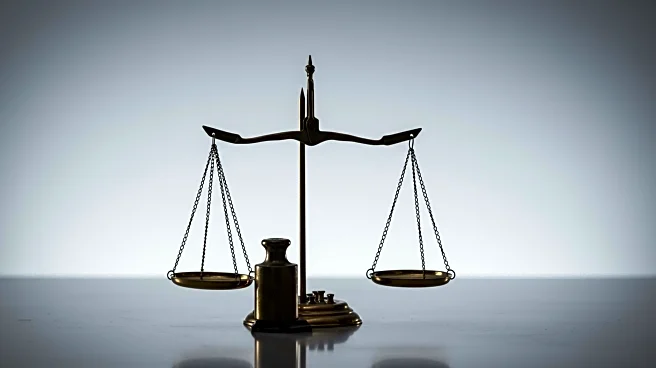What is the story about?
What's Happening?
Jillian Michaels, a former celebrity trainer on 'The Biggest Loser,' has publicly criticized the Netflix docuseries 'Fit for TV: The Reality of the Biggest Loser.' In a social media post, Michaels disputed claims made in the series regarding her use of caffeine pills during the show. She shared emails and texts to support her stance, asserting that caffeine was never banned and that fellow trainer Bob Harper had suggested using caffeine supplements. The docuseries features allegations from Dr. Robert Huizenga, the show's medical advisor, who claimed caffeine was prohibited and criticized Michaels for ignoring his advice. Michaels also addressed Harper's claim that she did not contact him after his heart attack, providing evidence of her communication attempts.
Why It's Important?
The controversy surrounding 'The Biggest Loser' and its portrayal in the Netflix docuseries highlights ongoing debates about reality TV ethics and the treatment of participants. Michaels' response underscores the potential for misinformation in media portrayals and the impact on personal reputations. The allegations of unhealthy practices on the show raise concerns about the influence of reality TV on public perceptions of health and fitness. This situation may affect the credibility of the show and its trainers, influencing public opinion and potentially leading to legal actions.
What's Next?
Jillian Michaels has indicated she is considering legal action against Netflix, Bob Harper, and Dr. Huizenga, consulting with lawyer Bryan Freedman. The outcome of any legal proceedings could set precedents for how reality TV shows handle participant welfare and portrayals. Stakeholders in the entertainment industry may need to reassess their practices and policies to avoid similar disputes. The public and media will likely continue to scrutinize the ethical standards of reality TV productions.















